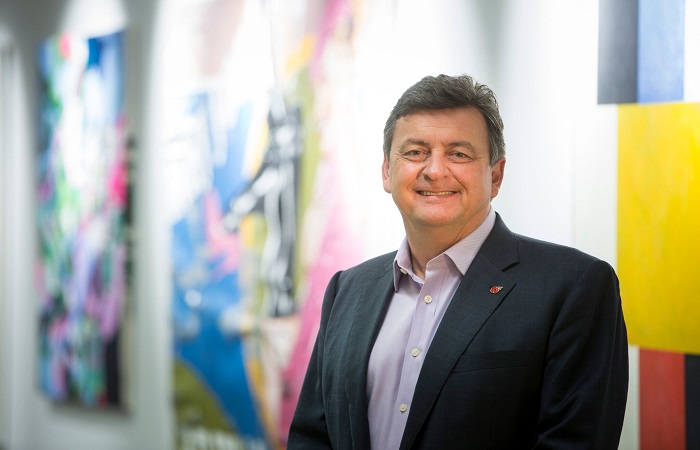
New Zealand-based statutory trust organisation Perpetual Guardian is to pilot a four-day working week for its 200 employees.
The six-week trial, which will begin in March 2018, will enable employees to nominate and receive a day off each week to reduce their number of working days from five to four. Under the pilot scheme, their existing working hours and salaries will remain the same.
The trial is designed to initiate an employee-led discussion around increasing or maintaining team and individual productivity, as well as recognising employees’ desires for more flexible working arrangements.
Perpetual Guardian is to introduce the trial after the results of its last employee engagement survey, conducted in November 2017, showed that 72% of employees believe their work arrangements are flexible and 66% feel they can give equal priority to work and their family or personal life and still be considered for promotion. The survey also found that 80% of employees are reasonably happy with the flexibility of their leave.
Andrew Barnes (pictured), founder of Perpetual Guardian, said: “As far as I am aware, no other [organisation] in New Zealand has adopted this approach. We have seen cases where employees work longer hours for fewer days of the week or they earn 75% of their full-time salary. That is not what we are doing here. We are motivating and empowering our staff by offering them a weekday off on us.
“If we see increased productivity that is sustainable over time, then we may be able to change how, where and when we work. This is an opportunity for us to see what we can do differently.
“Ultimately, we want to be the employer of choice in the fiduciary services sector. Given the changes happening within our industry, we want to be on the front foot by giving our employees every opportunity to be successful. The nature of our client-facing business, coupled with our fiduciary responsibilities, means we want and need our employees to give their very best on a day-to-day basis.
“By conducting this trial, I hope to find ways we can work smarter as a business, but also give our employees the opportunity to be their very best outside of the workplace as well.”